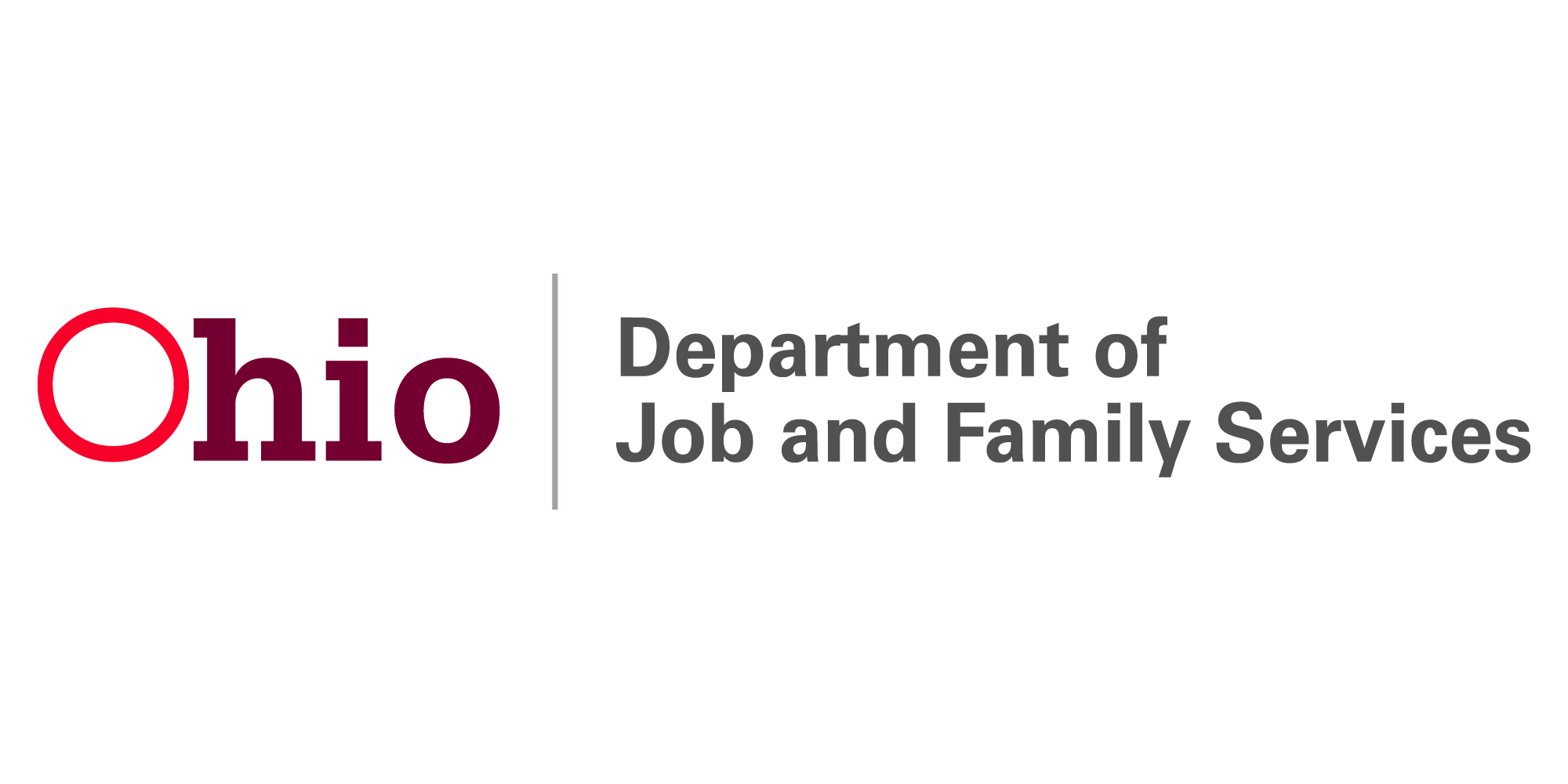Many Ohioans have faced obstacles to home ownership due to rising prices and high mortgage rates.
You may not realize it, but there is a chance you may be owed money from banks, insurance companies, utility and other entities.
Ohio expands 2024 sales tax holiday
Zinner & Co. Tax Team tax avoidance , ohio , Ohio Department of Taxation , Tax Exempt , Tax HolidayWith the start of the 2024-2025 school year seemingly right around the corner, the Ohio Department of Taxation announced an expansion of the state’s annual sales tax holiday.
Electronic Tax Payments: Can Individuals Pay Income Taxes Online?
Zinner & Co. Tax Team Taxes - Corporate & Business , Taxes - Planning, Rules and Returns , Taxes - Individual , tax , taxes , ohio , Online Tax Payment , Digital Tax Payment , Electronic Tax Payments , RITA , U.S. Department of the TreasuryOver the past decade, more people have moved to electronic payments of their monthly bills and expenses.
The days of sitting down and writing checks to pay bills has quickly become a thing of the past. In fact, for many people under the age of 30, they do not know, nor have they ever had a physical checkbook!
DeWine Signs Tax Conformity Bill into Law
Zinner & Co. Tax Team Taxes - Corporate & Business , Taxes - Planning, Rules and Returns , Taxes - Individual , ohio , pppOhio Gov. Mike DeWine signed Senate Bill 18 into law, which ensures that expenses paid with forgiven Paycheck Protection Plan loans become deductible for state income tax purposes.
The legislation, which was supported by the Ohio Society of CPAs (OSCPA) will conform tax laws in the Buckeye State with recent changes to federal tax law, including deductibility of expenses from the Paycheck Protection Program and excluding $10,200 in unemployment compensation from income tax.
Ohio Income and School Tax Deadlines Moved to May 17
Zinner & Co. Tax Team Taxes - Planning, Rules and Returns , Taxes - Individual , tax , taxes , income tax , ohioS.B. 18 will Conform Ohio with Federal Tax Law Changes
Ohio Tax Commissioner Jeff McClain recently announced Ohio is following the federal government and Internal Revenue Service in extending the deadline to file and pay Ohio individual income and school district income taxes for tax year 2020.
The new deadline is May 17, an extension of approximately one month from the original deadline of April 15.
Reporting of Other Government Payments
Zinner & Co. Tax Team Bureau of Worker's Compensation , income tax , ohio , Department of Job and Family Services , Unemployment BenefitsMany businesses who received Ohio Bureau of Worker Compensation rebate or dividend checks during 2020 recently received a letter from the Ohio Bureau of Workers Compensation requesting that they provide the BWC a completed Form W-9 to provide the information needed to complete the IRS tax statement Form 1099-G, which reports taxable Government Payments. This action also indicates that these rebate payments could potentially be subject to both Ohio state income tax and Commercial Activity Tax.
Gov. DeWine, BWC Propose $1.6 billion Dividend to Ohio Employers
Zinner & Co. Tax Team Bureau of Worker's Compensation , ohio , Coronavirus , COVID-19Move made to ease COVID-19 financial impact
Ohio Gov. Mike DeWine and Ohio Bureau of Workers' Compensation (BWC) Administrator/CEO Stephanie McCloud today proposed giving up to $1.6 billion to Ohio employers this spring to ease the economic impact of the coronavirus pandemic on Ohio’s economy and business community.
"This is great news for Ohio’s businesses, and will assist in relieving some of the financial pressures many are experiencing,” said DeWine. “Administrator McCloud and I both encourage businesses to reinvest this money in the health and safety of their employees.”
Voluntary Layoff Aversion Program
Zinner & Co. Tax Team ohio , Department of Job and Family Services , SharedWorks , LayoffDuring the current Coronavirus pandemic, many businesses are struggling and some, unfortunately, are forced to lay off their employees.
Ohio Issues Stay at Home Order
Zinner & Co. Tax Team ohio , Coronavirus , COVID-19 , Economic Injury Disaster Loan , U.S. Small Business Administration , SBAOhio Gov. Mike DeWine, Lt. Gov. Jon Husted, and Ohio Department of Health Director Amy Acton, M.D. MPH, announced Ohio will be under a "Stay at Home" order.
The order goes into effect beginning on March 23 at 11:59 p.m. and will remain in effect until 11:59 p.m. on April 6, unless the order is rescinded or modified.
About Us

Since 1938, Zinner has counseled individuals and businesses from start-up to succession. At Zinner, we strive to ensure we understand your business and recognize threats that could impact your financial situation.
Recent Blog Posts
Categories
- 1031 Exchange (2)
- 401k (2)
- 529 plan (4)
- ABLE Act (1)
- account systems (3)
- accounting (8)
- Affordable Care Act (8)
- alimony (2)
- American Rescue Plan Act (1)
- Ask the Expert (5)
- Audit and Assurance Department (13)
- audits (8)
- Bank Secrecy Act (1)
- banks (1)
- Barbara Theofilos (6)
- Beneficial Ownership Information (1)
- Bitcoin (1)
- block chain (2)
- BOI (3)
- Bookkeeping (1)
- Brett W. Neate (28)
- budgets (1)
- Bureau of Worker's Compensation (12)
- Business - Management, Issues & Concerns (50)
- business income deduction (3)
- business succession (7)
- business travel expense (3)
- business valuation (5)
- capital gains (2)
- careers (7)
- cash flow (2)
- Child Tax Credit (2)
- Chris Valponi (8)
- City of Cleveland (1)
- Cleveland COVID-19 Rapid Response Fund (1)
- Cleveland Rape Crisis Center (2)
- college (3)
- Community (24)
- Compliance (1)
- Coronavirus (24)
- Corporate Transparency Act (1)
- COVID-19 (30)
- Credit card fraud (5)
- credit reporting (2)
- cryptocurrency (2)
- CTA (2)
- cybersecurity (16)
- dead (1)
- DeAnna Alger (6)
- death (2)
- debt (4)
- deductions (14)
- Deferring Tax Payments (4)
- Department of Job and Family Services (2)
- depreciation (1)
- Digital Tax Payment (1)
- divorce (4)
- DOMA (3)
- Economic Impact Payments (2)
- Economic Injury Disaster Loan (4)
- education (8)
- EIDL (1)
- electronic filing (4)
- Electronic Tax Payments (2)
- Emergency Working Capital Program (1)
- employee benefit plan auditor (1)
- Employee Leave (2)
- Employee or Independent Contractor (6)
- Employee Retention Credit (3)
- employment (2)
- ERC (3)
- Eric James (8)
- Estates, Gifts & Trusts (48)
- expenses (5)
- Families First Coronavirus Response Act (2)
- FASB (1)
- FBAR (1)
- FDIC coverage (1)
- Federal Assistance (4)
- filing (3)
- financial planning (8)
- Financial Planning - College (9)
- financing (3)
- Firm news (119)
- first responders (1)
- FMLA (1)
- foreign assets (3)
- fraud (38)
- FSA (1)
- fundraising (9)
- Gabe Adler (1)
- gift tax (5)
- HDHP (2)
- health care (3)
- home (2)
- home office (1)
- Howard Kass (2)
- HRA (1)
- HSA (5)
- identity theft (32)
- income (1)
- income tax (57)
- independent contractor (1)
- Inflation (1)
- Insurance (7)
- internal control (4)
- international (2)
- Intuit (1)
- investments (4)
- IRS (88)
- jobs (5)
- John Husted (1)
- K-1 (1)
- Laura Haines (3)
- Layoff (2)
- Layoffs (1)
- leadership (3)
- lease accounting standards (1)
- life insurance (1)
- LLC (3)
- Loans (2)
- longevity income annuities (1)
- Lorenzo's Dog Training (1)
- Magic of Lights (1)
- management advisory (3)
- manufacturing (2)
- Matt Szydlowski (3)
- medical (7)
- Medicare (2)
- mergers and acquisitions (1)
- Mike DeWine (2)
- Millennial Concepts (2)
- minimum wage (1)
- NAIOP (1)
- National Defense Act (1)
- non-profit reporting (10)
- non-profits (38)
- not-for-profit (26)
- ODJFS (1)
- office (1)
- ohio (13)
- Ohio business owners (18)
- Ohio Department of Jobs and Family Services (3)
- Ohio Department of Taxation (3)
- Ohio Incumbent Workforce Training Voucher Program (1)
- Online Tax Payment (3)
- Operations (2)
- OPERS (1)
- owners of foreign entities (1)
- partnerships (5)
- passwords (1)
- Paycheck Protection Program (9)
- payroll (8)
- penalties (3)
- pension (2)
- personal finance (2)
- planning (4)
- ppp (7)
- Productivity (5)
- Qualified Business Income (1)
- quickbooks (10)
- real estate (14)
- record retention (2)
- records (2)
- Reporting (1)
- Republican National Convention (1)
- Retirement Planning & IRAs (53)
- Richard Huszai, CPA (5)
- RITA (1)
- Robin Baum (6)
- RRF (1)
- S Corporation (1)
- SALT (8)
- SBA (8)
- scams (12)
- SECURE 2.0 Act (1)
- security (6)
- SharedWorks (1)
- Shutdown (3)
- Silver Linings (9)
- simplified employee pension (1)
- Small Business (5)
- SMB (12)
- Social Media (1)
- social security (4)
- Speaker Series (2)
- spouse (1)
- start ups (8)
- Stay at Home Order (3)
- Steven Mnuchin (1)
- Sue Krantz (6)
- SVOG (1)
- tangible property (1)
- tax (27)
- tax avoidance (12)
- Tax Credit (7)
- Tax Cuts and Jobs Act of 2017 (31)
- Tax Exempt (1)
- Tax Holiday (1)
- Tax Interns (2)
- tax services (28)
- taxes (45)
- Taxes - Corporate & Business (104)
- Taxes - Individual (117)
- Taxes - Planning, Rules and Returns (188)
- TechCred (1)
- technology (7)
- The CARES Act (6)
- The SOURCE (1)
- tiag (3)
- transaction advisory (2)
- Treasury Department (5)
- tuition (3)
- U.S. Department of the Treasury (1)
- U.S. Small Business Administration (6)
- Unclaimed Funds (1)
- Unemployment Benefits (4)
- withdrawls (2)
- withholding (6)
- Workers Comp Billing Changes (1)
- Zinner & Co. (32)
- Zinner News (30)









